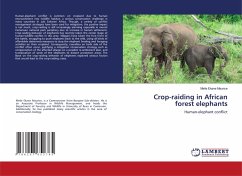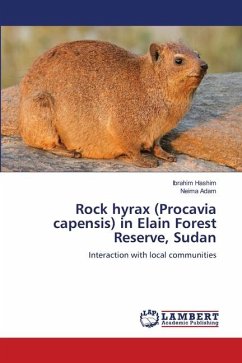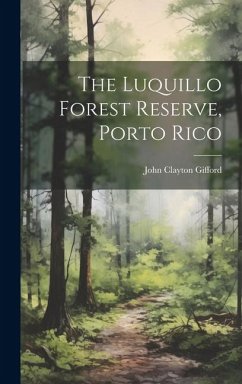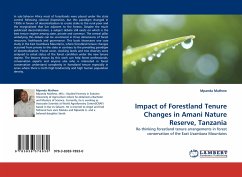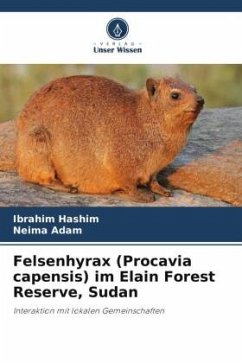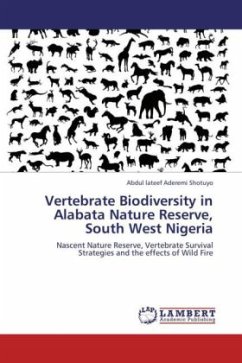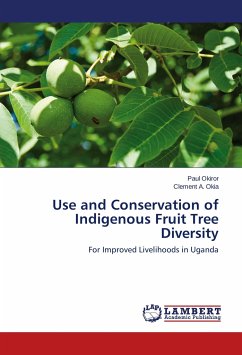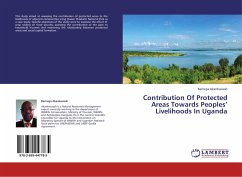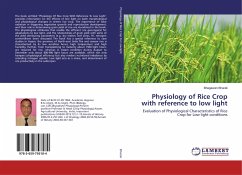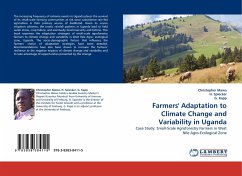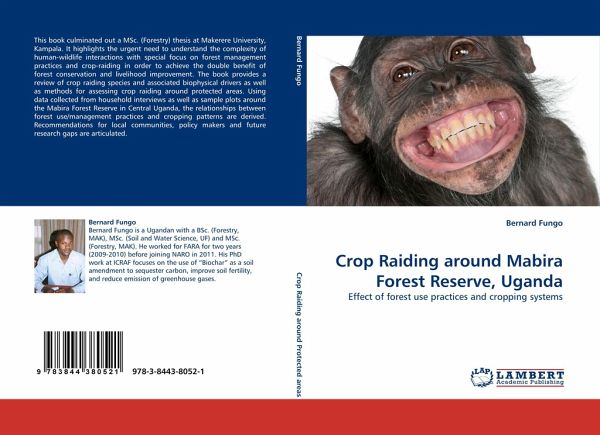
Crop Raiding around Mabira Forest Reserve, Uganda
Effect of forest use practices and cropping systems
Versandkostenfrei!
Versandfertig in 1-2 Wochen
32,99 €
inkl. MwSt.

PAYBACK Punkte
16 °P sammeln!
This book culminated out a MSc. (Forestry) thesis at Makerere University, Kampala. It highlights the urgent need to understand the complexity of human-wildlife interactions with special focus on forest management practices and crop-raiding in order to achieve the double benefit of forest conservation and livelihood improvement. The book provides a review of crop raiding species and associated biophysical drivers as well as methods for assessing crop raiding around protected areas. Using data collected from household interviews as well as sample plots around the Mabira Forest Reserve in Central...
This book culminated out a MSc. (Forestry) thesis at Makerere University, Kampala. It highlights the urgent need to understand the complexity of human-wildlife interactions with special focus on forest management practices and crop-raiding in order to achieve the double benefit of forest conservation and livelihood improvement. The book provides a review of crop raiding species and associated biophysical drivers as well as methods for assessing crop raiding around protected areas. Using data collected from household interviews as well as sample plots around the Mabira Forest Reserve in Central Uganda, the relationships between forest use/management practices and cropping patterns are derived. Recommendations for local communities, policy makers and future research gaps are articulated.



